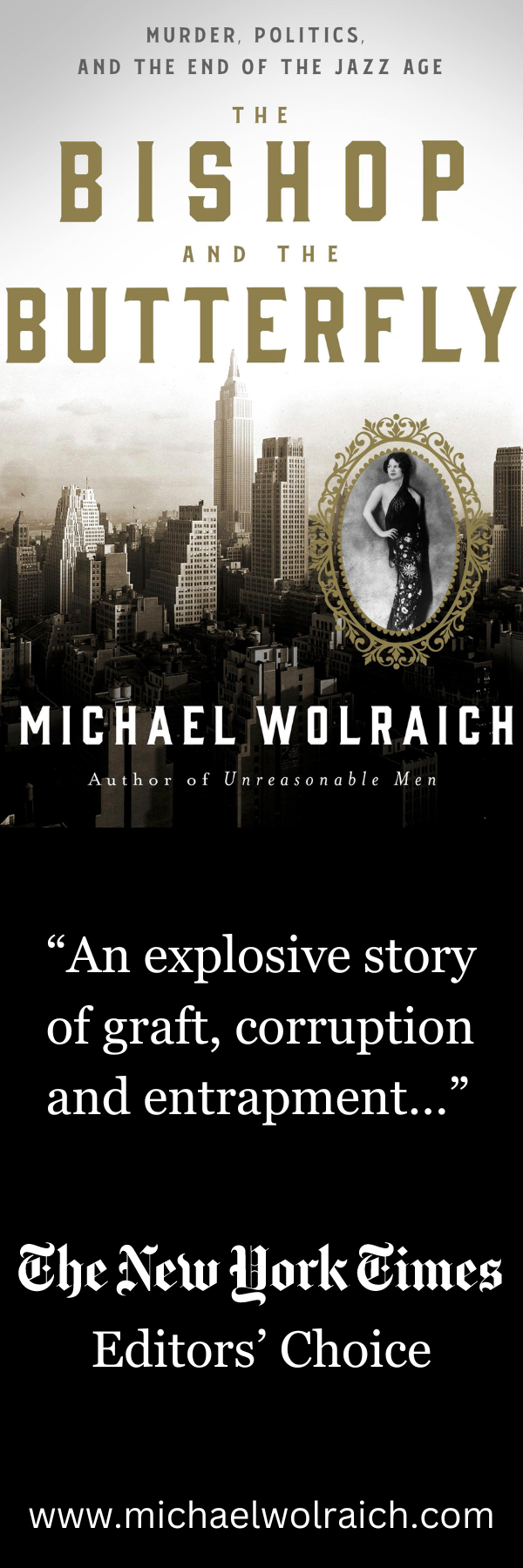Just after the PRISM scandal broke, Tyler Cowen offered a wonderful, wonderful tweet:
I’d heard about this for years, from “nuts,” and always assumed it was true.
There is a model of social knowledge embedded in this tweet. It implies a set of things that one believes to be true, a set of things one can admit to believing without being a “nut”, and an inconsistency between the two. Why the divergence? Oughtn’t it be true that people of integrity should simply own up to what they believe? Can a “marketplace of ideas” function without that?
It’s obvious, of course, why this divergence occurs. Will Wilkinson points to an economy of esteem, but there is also an economy of influence. There are ideas and modes of thought that are taboo in the economy of influence, assertions that discredit the asserter. Those of us who seek to matter as “thinkers” are implicitly aware of these taboos, and we navigate them mostly by avoiding or acceding to them. You can transgress a little, self-consciously and playfully, as Cowen did in his tweet. If you transgress too much, too earnestly, you are written off as a nut or worse. Conversely, there are ideas that are blessed in the economy of influence. These are markers of “seriousness”, as in Paul Krugman’s perceptive, derisive epithet “Very Serious People”. This describes “thinkers” whose positions inevitably align like iron filings to the pull of social influence, indifferent to evidence that might impinge upon their views. Most of us, with varying degrees of consciousness, are pulled this way and that, forging compromises between what we might assert in some impossible reality where we observed social facts “objectively” and the positions that our allegiances, ambitions, and taboos push us towards. Individually, there is plenty of eccentricity, plenty of noise. People go “off the reservation” all the time. But pubic intellectualizing is a collective enterprise. What matters is not what some asshole says, but the conventional wisdom we coalesce to. When the noise gets averaged out, the bias imposed by the economy of influence is hard to overcome. And the economy of influence pulls, always, in directions chosen by incumbent holders of wealth and power, by people with capacity to offer rewards and to mete out punishment.


